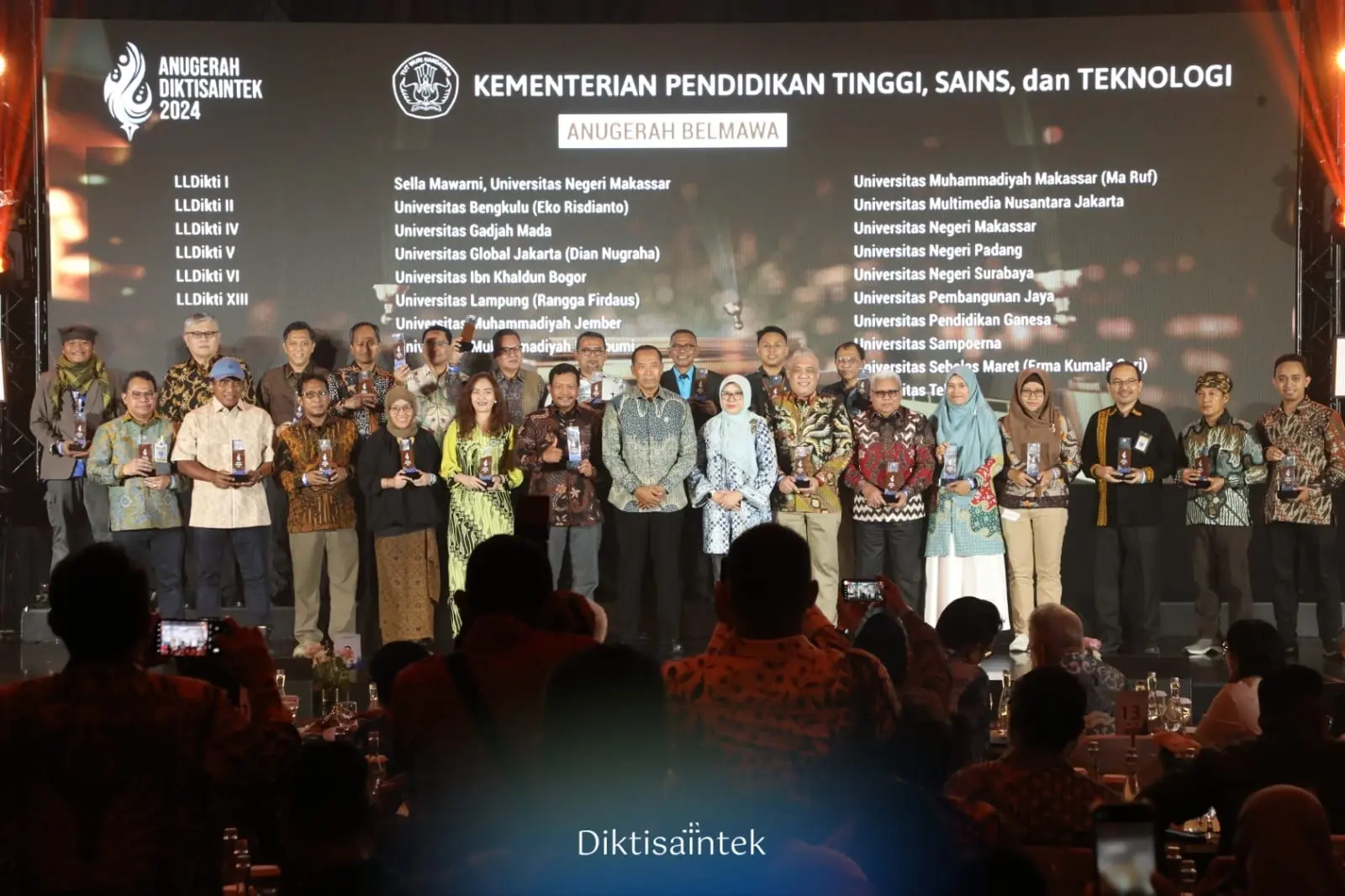24 Nov 2023
How Do You Research International Markets?
Articles,
Articles - FOB,
The process of gathering, analyzing, and interpreting information about a target market on a global scale is referred to as international market research. International market research aims to gather insight into numerous facets of the industry, such as customer behavior, market trends, competition, and other factors that may influence a company’s success in a foreign market.
Because of cultural differences, language difficulties, and other variables, international market research is more challenging than domestic market research. It is critical for firms that want to prosper in the global marketplace.
It assists businesses in making educated decisions, developing efficient market entry strategies, and tailoring their products or services to fit the needs of varied worldwide audiences. International market research provides helpful information for reducing risks and optimizing possibilities in the global marketplace.
After conducting foreign market research, organizations can utilize the data to design a marketing strategy specific to the new market. This approach should consider consumer requirements and desires, the competitive landscape, and the regulatory environment.
Why Should Your Business Conduct International Market Research?

Conducting foreign market research is critical for organizations considering worldwide expansion. Several motivations exist for businesses to devote time and resources to foreign market research:
1. Understanding Customer Needs
Cultural differences have a significant impact on customer behaviour. International market research allows organizations to better understand their target audience’s needs, preferences, and behaviours in different nations, allowing them to modify products and marketing campaigns accordingly.
2. Minimizing dangers
Assessing a foreign market’s political, economic, social, and cultural elements can assist in uncovering potential hazards. This knowledge enables firms to devise risk-mitigation strategies and make informed decisions when facing obstacles.
3. Adapting Products or Services
Cultural, legal, and regulatory differences may necessitate product or service changes. Businesses can use market research to identify essential changes to ensure their offers correspond with local preferences and meet legal requirements.
4. Identifying New Market Prospects
International market research assists organizations in identifying new market prospects. Understanding product or service demand in different locations enables businesses to remember markets with solid development potential.
5. Pricing Strategies That Work
Economic conditions, currency exchange rates, and local pricing expectations differ across borders. International market research assists organizations in determining proper pricing strategies to ensure profitability while remaining competitive.
6. Effective Market Entry Strategies
Businesses may use market research to establish targeted and effective market entry strategies. This may entail selecting the appropriate market entrance technique, forging alliances, or installing a local presence corresponding to the target market’s features.
7. Legal and regulatory compliance
Every country has its own laws and regulations governing corporate operations. International market research assists organizations in understanding and complying with these regulatory obligations, avoiding legal stumbling blocks that could impede operations.
8. Improving Decision-Making
When entering new markets, informed decision-making is crucial. International market research gives executives the facts and insights they need to make strategic decisions about worldwide expansion, resource allocation, and overall business strategy.
9. Maximizing Return on Investment (ROI)
By knowing the international market situation, organizations can better manage resources, ensuring that their investments in global expansion pay off.
10. Marketing & Promotion Optimization
Cultural differences affect the effectiveness of marketing messaging. International market research enables organizations to adjust their marketing and promotional activities to local audiences, avoiding cultural misunderstandings or misinterpretations.
International market research is necessary for companies expanding abroad. It lets businesses manage the complexity of many markets, avoid risks, and position themselves for global success.
Entrepreneurship at Sampoerna University
Sampoerna University is a fully accredited university in Indonesia that offers the best choice for those seeking excellent international education. We are a private, non-denominational, non-profit university licensed and certified by the Republic of Indonesia’s Ministry of Education, Culture, Research, and Technology. Formed according to national and international standards, Sampoerna University is qualified to contribute to society through education substantially.
Sampoerna University offers a range of entrepreneurship courses as part of its undergraduate programs. These courses focus on developing entrepreneurial skills, including opportunity recognition, business planning, marketing strategies, financial management, and innovation. Students learn to assess market feasibility, create business models, and develop sustainable business strategies.
We also collaborate with industry partners, start-up incubators, and entrepreneurial organizations to provide students with practical exposure and real-world experiences. Through these partnerships, students can participate in internships, industry projects, and mentorship programs, gaining valuable insights into the business world and entrepreneurial practices. The University emphasizes entrepreneurship as a critical component of its educational approach.
9 of 10 graduates get employed three months after graduation*. Immediately register to participate in the new student admissions process for the 2023-2024 year here. Our Admission Team will contact you soon to provide more detailed information.
Schedule with us whenever you want to visit campus tours on-site or virtual!





